
CAS researchers receive L’Oréal-UNESCO Award and Forbes recognition
29. 09. 2025
Scientists from the Czech Academy of Sciences have gained acclaim in the L’Oréal-UNESCO For Women in Science program and have placed on the Forbes “Top Women in Science” list. One of the L’Oréal-UNESCO Award laureates is Pavlína Modlitbová from the Institute of Scientific Instruments of the CAS, and among this year’s top 25 women scientists, according to Forbes, six are researchers from various CAS institutes.
The L’Oréal-UNESCO For Women in Science program seeks to inspire women to enter scientific fields and support their professional growth. Its accolades include international as well as national and regional awards, the latter of which come with a prize of CZK 200,000 (approx. EUR 8,000) for the three annual laureates, along with the promotion of the public outreach of their research.
In this year’s 19th edition of L’Oréal-UNESCO’s For Women in Science, Pavlína Modlitbová from the Institute of Scientific Instruments of the CAS received the award. Her research focuses on helping us understand the degree and impact of human-caused environmental pollution.
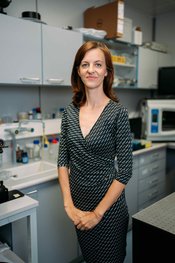
Pavlína Modlitbová
INSPIRING SCIENTISTS
In cooperation with L’Oréal, Forbes has – for the third time – compiled a selection of engaging and inspiring Czech researchers spanning a variety of fields. Among the 2025 Top Women Scientists in the Czech Republic, six out of the twenty-five ranked are from CAS institutes and one is affiliated with a CAS spin-off.
*
Meritxell Alberich Jordà heads the Laboratory of Haematooncology at the Institute of Molecular Genetics of the CAS. As part of her research, the scientist studies hematopoietic stem cells. “These are the cells in our bone marrow that are responsible for producing all our blood cells every day throughout our lives,” she explains to Forbes, adding that if these cells fail to function properly, it can lead to the development of serious problems such as leukemia and blood disorders.
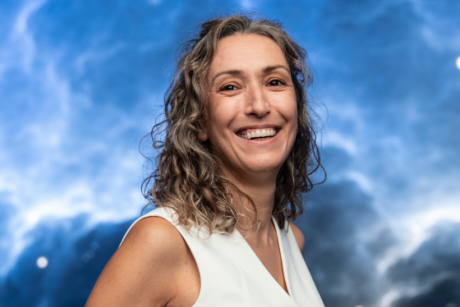
Meritxell Alberich Jordà
*
The research group led by Zuzana Kečkéšová at the Institute of Organic Chemistry and Biochemistry of the CAS (IOCB Prague) is behind a discovery that may help halt various types of cancer. “We are trying to find and reactivate cellular proteins that can kill cancer and that cancer cells managed to deactivate in the course of their development,” the scientist describes.
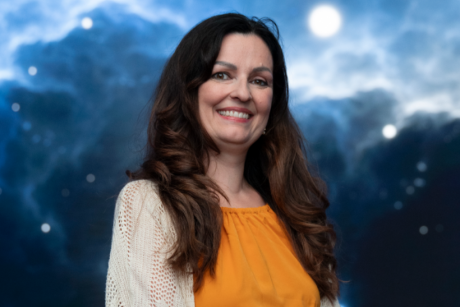
Zuzana Kečkéšová
*
Eva Krupičková Pluhařová at the J. Heyrovský Institute of Physical Chemistry of the CAS is working on computer simulations of molecules which allow us to understand their behavior. Her research contributes to understanding how catalysts work to convert carbon dioxide, and she is seeking ways to limit this greenhouse gas or use it in chemical industry.
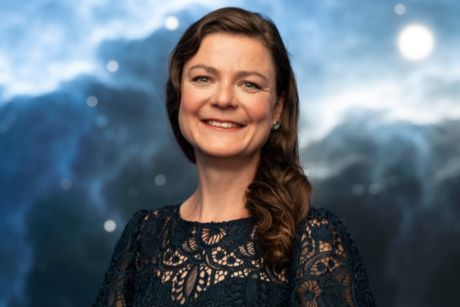
Eva Krupičková Pluhařová
*
BIOLOGICAL CLOCKS, TUMOR CHANGES, AND IMAGE ANALYSIS
Alena Sumová from the Institute of Physiology of the CAS studies circadian mechanisms. She investigates why cellular clocks in various organs and tissues align with the day–night cycle, and what impact their disruption has on health. “Because many aspects of modern life disrupt circadian clocks and their function, this is quite a current topic,” the scientist notes.
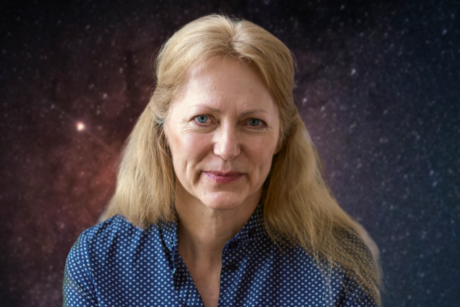
Alena Sumová
*
2023 L’Oréal-UNESCO laureate Veronika Vymetálková at the Institute of Experimental Medicine of the CAS researches genetic and molecular changes in tumors, especially colorectal cancer, helping other scientists better understand why cancer develops in some individuals but not in others. She also explores why cancer recurs in some patients and why treatments work for some but not others.
You can read more about Vymetálková’s work in our interview with her for A / Magazine.
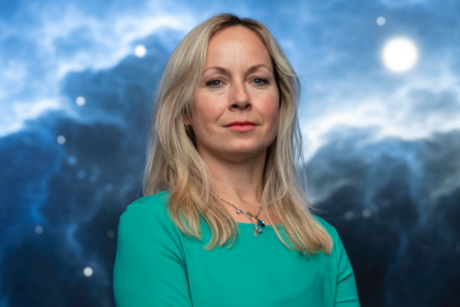
Veronika Vymetálková
*
“I teach computers to see and understand images better than the human eye,” says Barbara Zitová from the Institute of Information Theory and Automation of the CAS. The scientist is developing methods based on mathematical theories and artificial intelligence to teach computers to analyze photos and video footage. Applications include analyses of satellite images of Earth for weather forecasting, microscopic images of cells, endoscopic imaging, and thermographic camera images.
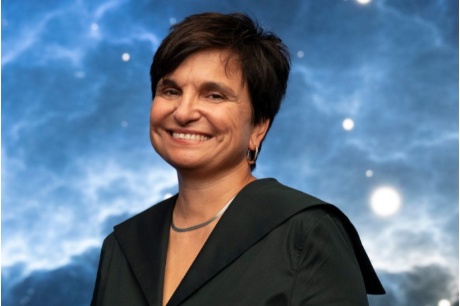
Barbara Zitová
*
In the Forbes ranking, we can also find Klára Grantz Šašková, who works in gene therapy. Last year, she co-founded the company Adalid Sciences, a spin-off of the Institute of Organic Chemistry and Biochemistry of the CAS. The company’s aim is to help treat diseases and conditions such as cancer, spinal muscular atrophy, and hemophilia.
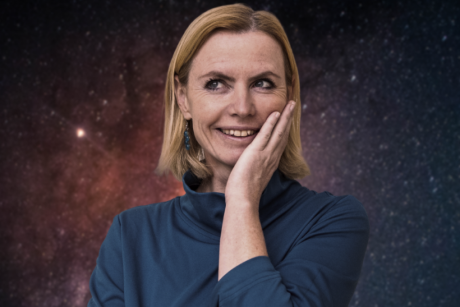
Klára Grantz Šašková
Written and prepared by: Zuzana Dupalová, External Relations Division, CAO of the CAS, drawing on texts from VědaVýzkum and Forbes
Translated by: Tereza Novická, External Relations Division, CAO of the CAS
Photo: L’Oréal Czech Republic, Forbes
 The text is released for use under the Creative Commons license.
The text is released for use under the Creative Commons license.
Read also
- Young scientists discussed economic challenges with Nobel laureates in Lindau
- A cure for cancer? Fighting the climate crisis? Ask the data scientists
- Vice-Presidents of the CAS set priorities for 2025–2029 term
- Public Hearing: “Making Sense of Open Science”
- SUNER-C concludes after three years dedicated to the renewable energy future
- A trapped state: The pandemic impact on public attitudes, trust, and behavior
- Aerial archaeology: Tracing the footsteps of our ancestors from the sky
- Archaeologists uncover ancient finds along Prague Ring Road
- Our microbiome largely depends on what we eat, says microbiologist Michal Kraus
- The ABCs of writing: Why did its invention mark a turning point for humankind?
Contacts for Media
Markéta Růžičková
Public Relations Manager
+420 777 970 812
Eliška Zvolánková
+420 739 535 007
Martina Spěváčková
+420 733 697 112